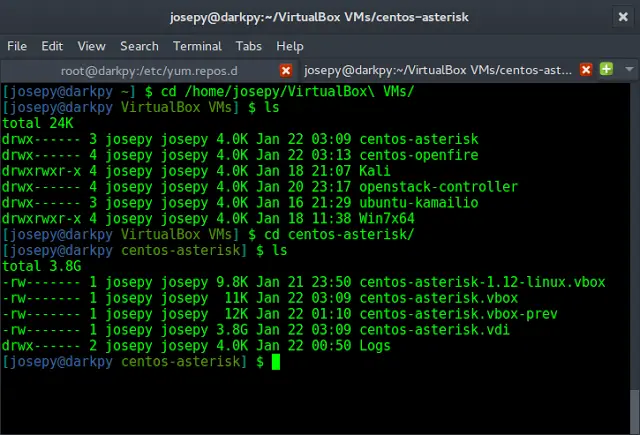The java.lang.reflect.Array.setBoolean() method is an inbuilt method used to set a specified Boolean value to a specified index of a given object array.
Syntax:
Array.setBoolean(Object []array, int index, boolean value)
Parameter: This method takes three parameters:
- array: array of type Object which is to be updated.
- index: index of the array which is to be updated.
- value: boolean value that is to be set at the given index of the given array.
Return type: This is a void type method and doesn’t returns any value. The update reflects upon the Object array passed as the argument.
Exception: This method throws following exceptions:
- NullPointerException– when the array is null.
- IllegalArgumentException– when the given object array is not an Array.
- ArrayIndexOutOfBoundsException– if the given index is not in the range of the size of the array.
Below is the implementation of Array.setBoolean() method:
Program 1:
// Java code to demonstrate setBoolean()// method of Array class import java.lang.reflect.Array;public class GfG { // main method public static void main(String[] args) { // Declaring and defining boolean array boolean b[] = { true, false, true }; // array before using setBoolean() System.out.print("Before Set : "); // printing the array for (boolean x : b) { System.out.print(x + " "); } // boolean value to be set boolean value = true; // setBoolean method of class Array Array.setBoolean(b, 1, value); // array after using setBoolean() System.out.print("\nAfter Set : "); // printing array for (boolean x : b) { System.out.print(x + " "); } }} |
Before Set : true false true After Set : true true true
Program 2: To demonstrate java.lang.NullPointerException
// Java code to demonstrate setBoolean()// method of Array class import java.lang.reflect.Array;public class GfG { // main method public static void main(String[] args) { // Declaring and defining boolean array to null boolean b[] = null; try { // boolean value to be set boolean c = false; // passing a null array as parameter Array.setBoolean(b, 5, c); } catch (Exception e) { System.out.println("Exception : " + e); } }} |
Exception : java.lang.NullPointerException
Program 3: To demonstrate java.lang.ArrayIndexOutOfBoundsException
// Java code to demonstrate setBoolean()// method of Array class import java.lang.reflect.Array;public class GfG { // main method public static void main(String[] args) { // Declaring and defining boolean array boolean b[] = { true, false, true }; try { // value to be set boolean c = false; // passing index as 5 when size is 3 Array.setBoolean(b, 5, c); } catch (Exception e) { System.out.println("Exception : " + e); } }} |
Exception : java.lang.ArrayIndexOutOfBoundsException
Program 4: To demonstrate java.lang.IllegalArgumentException
// Java code to demonstrate setBoolean()// method of Array class import java.lang.reflect.Array;public class GfG { // main method public static void main(String[] args) { // Declaring and defining boolean variable boolean b = true; try { // value to be set boolean c = false; // passing variable in the place of an array Array.setBoolean(b, 5, c); } catch (Exception e) { System.out.println("Exception : " + e); } }} |
Exception : java.lang.IllegalArgumentException: Argument is not an array




